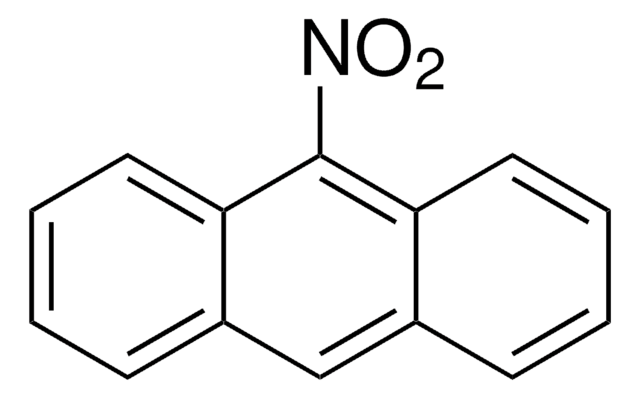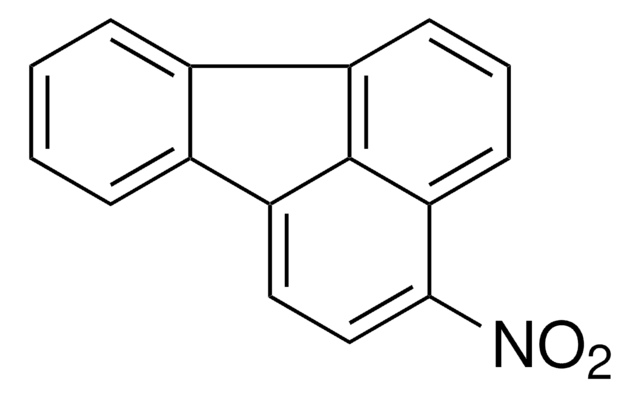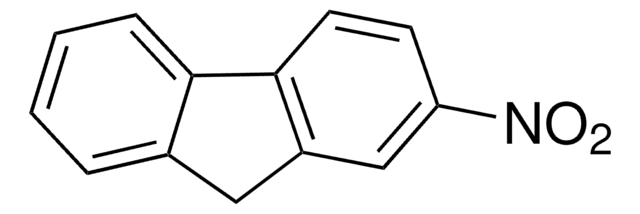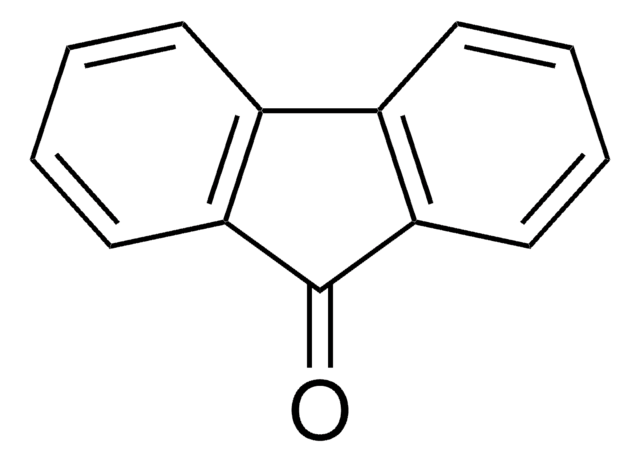BCR309
6-Nitrochrysene
BCR®, certified reference material
About This Item
Recommended Products
grade
certified reference material
agency
BCR®
manufacturer/tradename
JRC
technique(s)
HPLC: suitable
gas chromatography (GC): suitable
mp
220 °C (dec.) (lit.)
format
neat
storage temp.
2-8°C
SMILES string
[O-][N+](=O)c1cc2c3ccccc3ccc2c4ccccc14
InChI
1S/C18H11NO2/c20-19(21)18-11-17-13-6-2-1-5-12(13)9-10-15(17)14-7-3-4-8-16(14)18/h1-11H
InChI key
UAWLTQJFZUYROA-UHFFFAOYSA-N
Looking for similar products? Visit Product Comparison Guide
Application
Analysis Note
BCR309
Legal Information
signalword
Danger
Hazard Classifications
Acute Tox. 4 Dermal - Acute Tox. 4 Inhalation - Acute Tox. 4 Oral - Carc. 1B - Muta. 1B
Storage Class
6.1C - Combustible, acute toxic Cat.3 / toxic compounds or compounds which causing chronic effects
wgk_germany
WGK 3
flash_point_f
Not applicable
flash_point_c
Not applicable
ppe
Eyeshields, Gloves, type P3 (EN 143) respirator cartridges
Choose from one of the most recent versions:
Certificates of Analysis (COA)
Sorry, we don't have COAs for this product available online at this time.
If you need assistance, please contact Customer Support.
Already Own This Product?
Find documentation for the products that you have recently purchased in the Document Library.
Customers Also Viewed
Our team of scientists has experience in all areas of research including Life Science, Material Science, Chemical Synthesis, Chromatography, Analytical and many others.
Contact Technical Service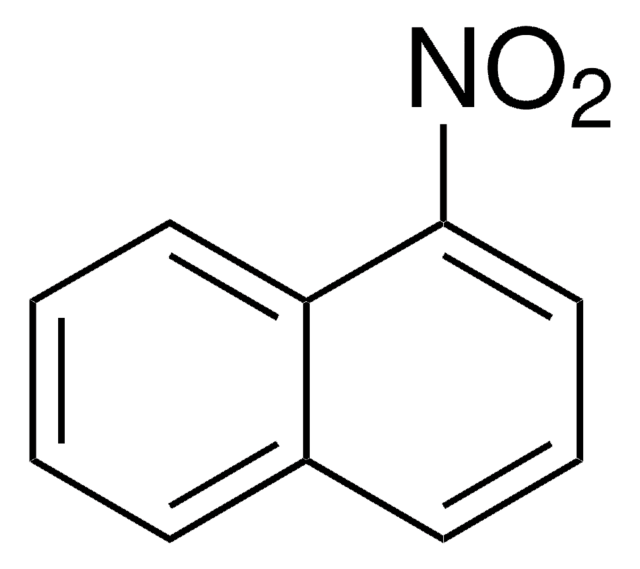
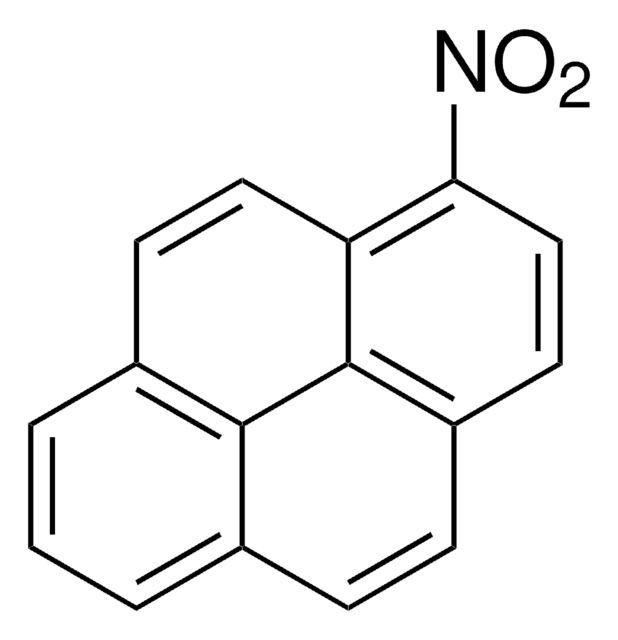

![6-Nitrobenzo[a]pyrene BCR®, certified reference material](/deepweb/assets/sigmaaldrich/product/structures/171/174/0d276831-8604-4a0e-96f0-36fe2fd87f0a/640/0d276831-8604-4a0e-96f0-36fe2fd87f0a.png)
